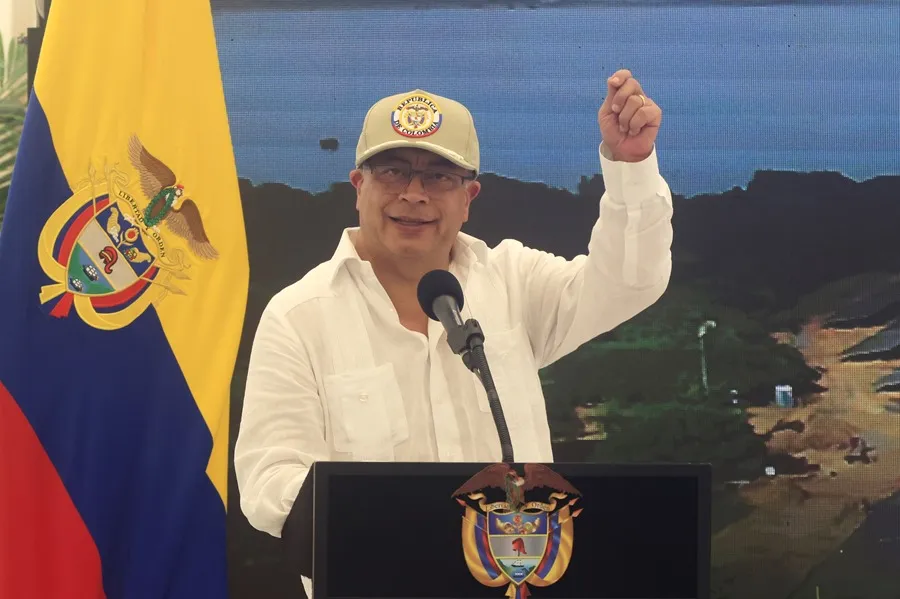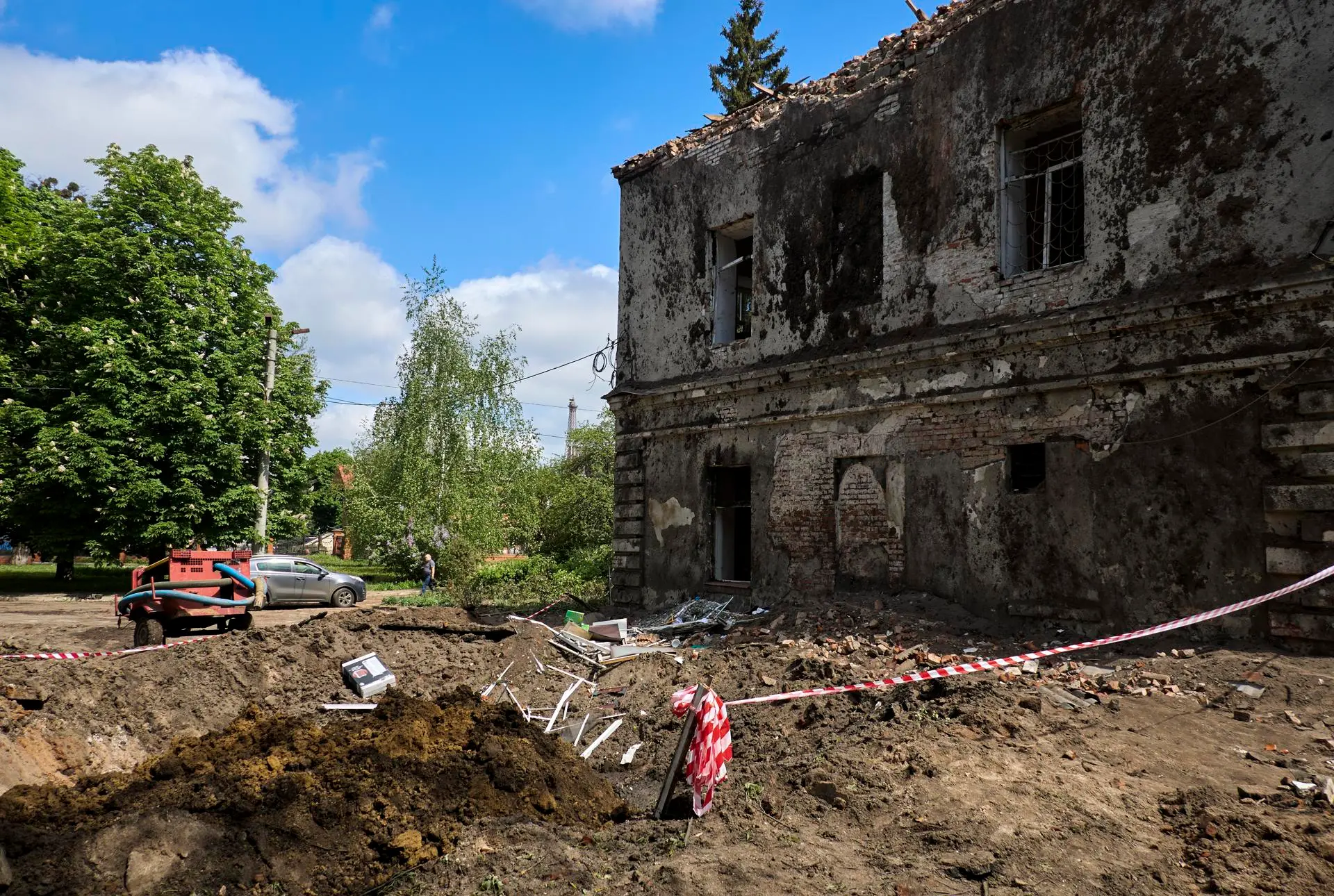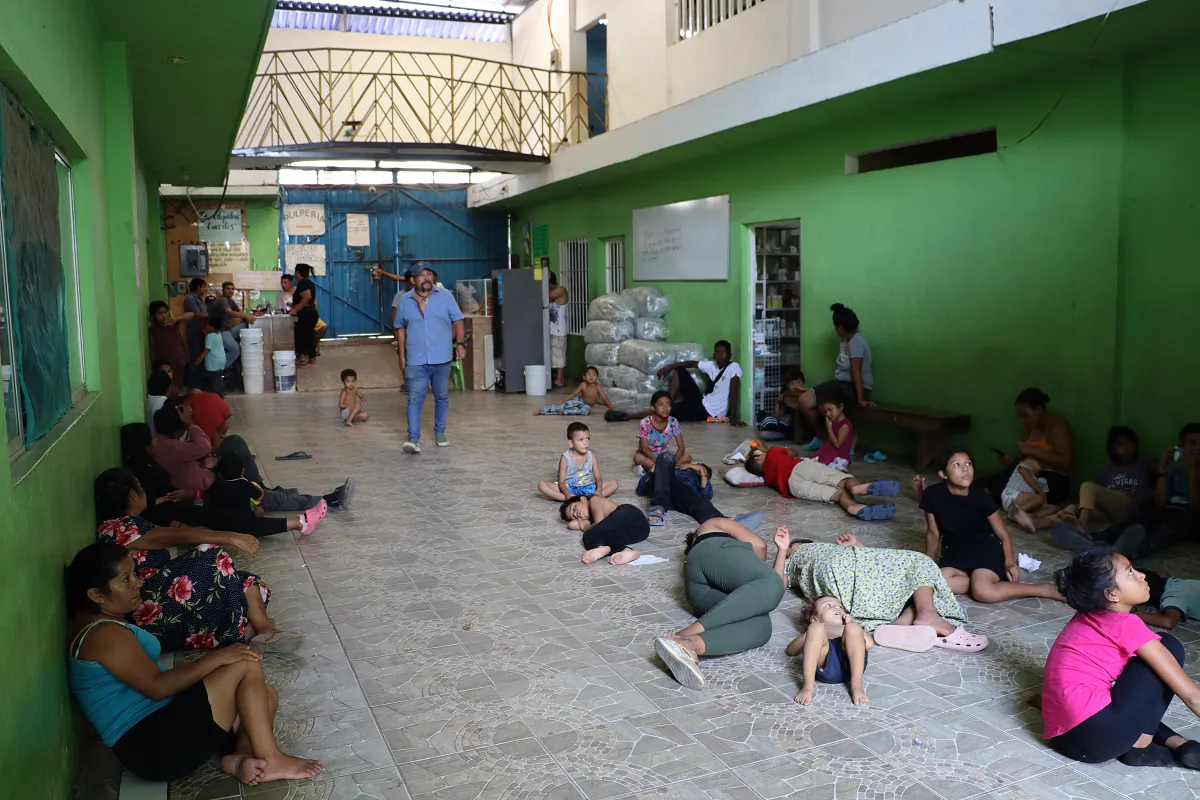International
Russia admits conscripts ‘take part’ in Ukraine operation
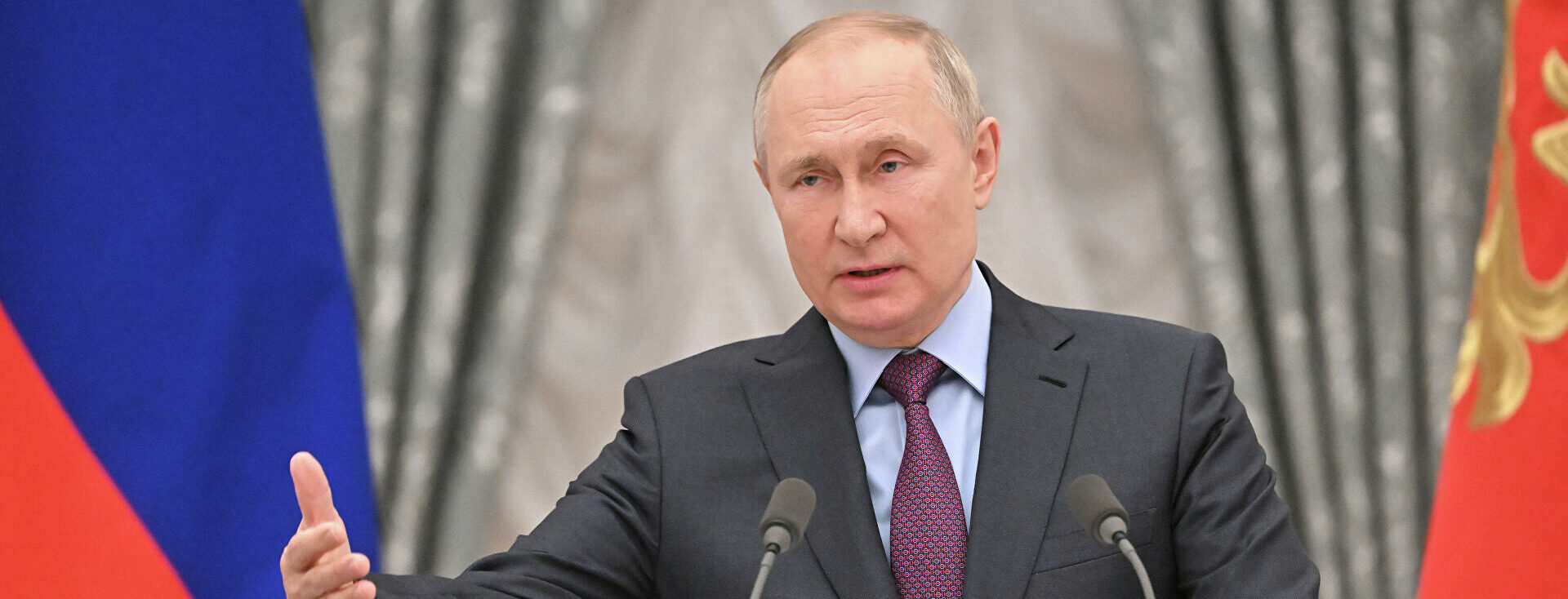
International
Petro on the formulation of charges against him: “It’s the beginning of a coup d’état”
International
EU countries agree to use profits from frozen Russian assets in defense of Ukraine
International
Irregular migrants intercepted by Mexico triple in the first quarter
-
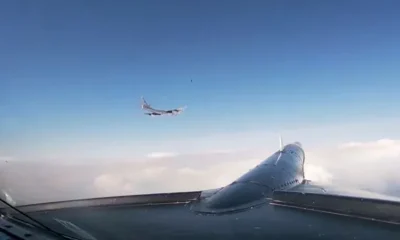
 International4 days ago
International4 days agoRussian bombers near Alaska monitored by NORAD
-

 International4 days ago
International4 days agoDevastating floods in Southern Brazil leave dozens dead and missing
-
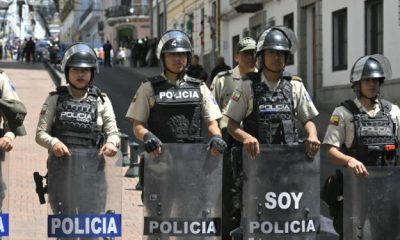
 International4 days ago
International4 days agoEcuador declares state of emergency in five provinces to combat organized crime
-

 International4 days ago
International4 days agoArgentine president criticizes spanish PM amidst political row
-
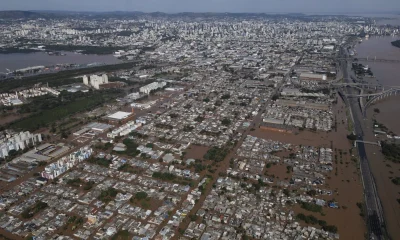
 Centroamérica2 days ago
Centroamérica2 days agoThe number of deaths from the floods in southern Brazil rises to 84
-
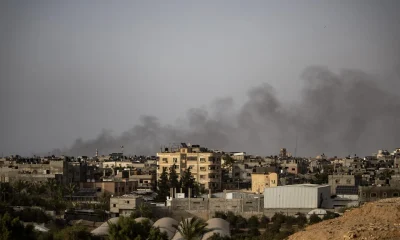
 International2 days ago
International2 days agoIsrael says it will continue to negotiate a ceasefire while bombing the east of Rafah
-
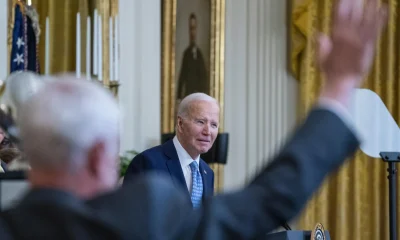
 International2 days ago
International2 days agoBiden manages to get Netanyahu to promise to take a step in Gaza and reiterates his position on Rafah
-
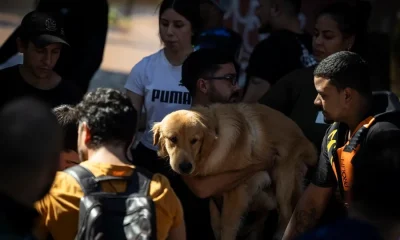
 International2 days ago
International2 days ago“I had to swim out of the house,” says one of those affected by floods in Brazil
-
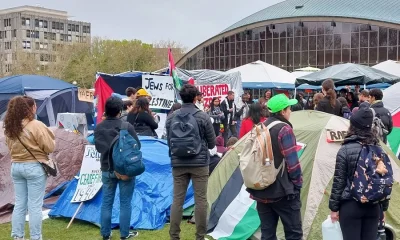
 International2 days ago
International2 days agoThe pro-Palestinian student movement in the United States looks at itself in history to continue
-

 International2 days ago
International2 days agoThe number of deaths in a passenger bus accident in southern Peru rises to eleven
-
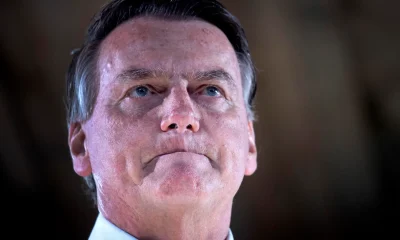
 International2 days ago
International2 days agoBolsonaro is transferred to São Paulo to continue the treatment for an erysypela
-
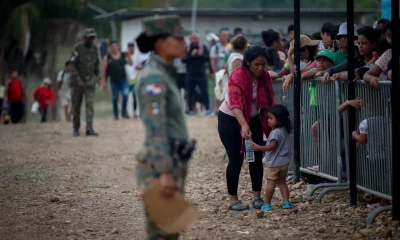
 International2 days ago
International2 days agoMigrant women, victims of theft, rape and with their children in tow for the Darién
-
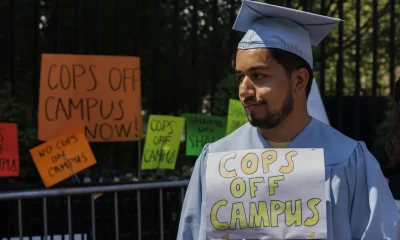
 International2 days ago
International2 days agoColumbia University cancels its grand graduation ceremony after weeks of protests
-
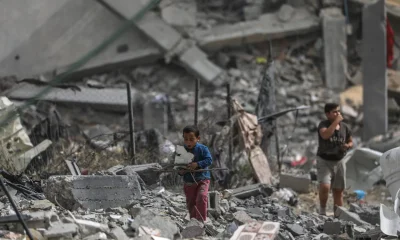
 International2 days ago
International2 days agoUnicef warns that the military incursion in Rafah is “catastrophic” for thousands of children
-
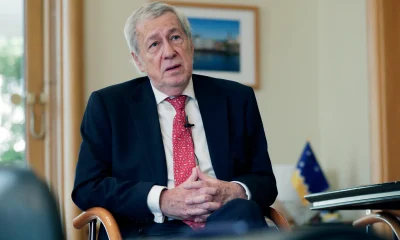
 International2 days ago
International2 days ago“The Chilean government is more continuous than you think,” says its Foreign Minister Alberto van Klaveren
-
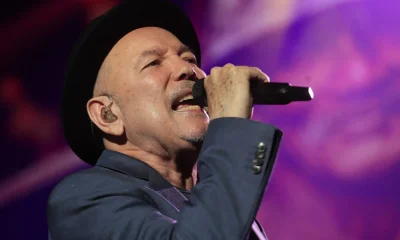
 Centroamérica2 days ago
Centroamérica2 days ago“Corruption was a man, but democratically!” says Rubén Blades after elections in Panama




















